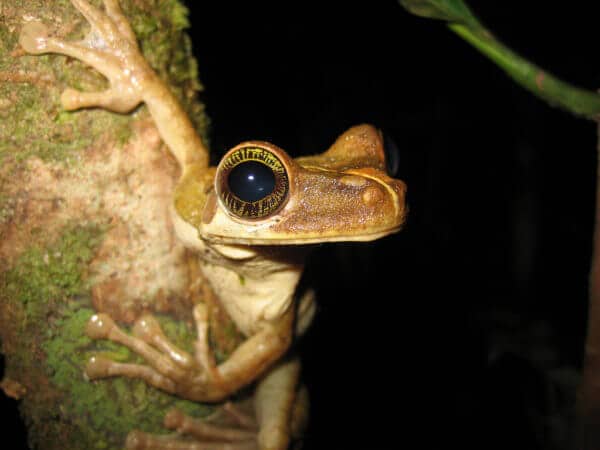Human activities are causing an “alarming” decline in biodiversity that is endangering food security, clean water, energy supplies, economies, and livelihoods for billions of people worldwide, according to a new United Nations-backed study by 550 scientists, conservationists, and policy experts from over 100 countries.
The report, released today by the Intergovernmental Science-Policy Platform on Biodiversity and Ecosystem Services (IPBES), includes four regional assessments of biodiversity in the Americas, Asia and the Pacific, Africa, and Europe and Central Asia. It looked at factors like species loss, deforestation, pollution, overfishing, population growth, climate change impacts, and farming, among others.
“Biodiversity and nature’s contributions to people sound, to many people, academic and far removed from our daily lives,” the Chair of IPBES, often described as the IPCC for biodiversity, Sir Robert Watson, said in a statement. “Nothing could be further from the truth.”
The ecosystem services provided by nature to the Americas, for example, was valued at $24 trillion annually — equal to the entire region’s gross domestic product (GDP). Yet the scientists found that nearly two-thirds of these services were in decline. Species populations in the Americas have decreased an average 31 percent since the time of European settlement. Climate change and other drivers will help push this loss to 40 percent by 2050. The report also found freshwater availability in the Americas has decreased by half since the 1950s.
Elsewhere in the world, 42 percent of land species populations in Europe have decreased in the past decade. Overfishing could reduce exploitable fish stocks to zero in the Asia-Pacific, the world’s most populous region, by mid-century. And in Africa, more than 190,000 square miles of land have been degraded by overexploitation of natural resources, erosion, salinization, and pollution.
“The best available evidence, gathered by the world’s leading experts, points us now to a single conclusion: we must act to halt and reverse the unsustainable use of nature – or risk not only the future we want, but even the lives we currently lead,” Watson said. “Fortunately, the evidence also shows that we know how to protect and partially restore our vital natural assets.”

